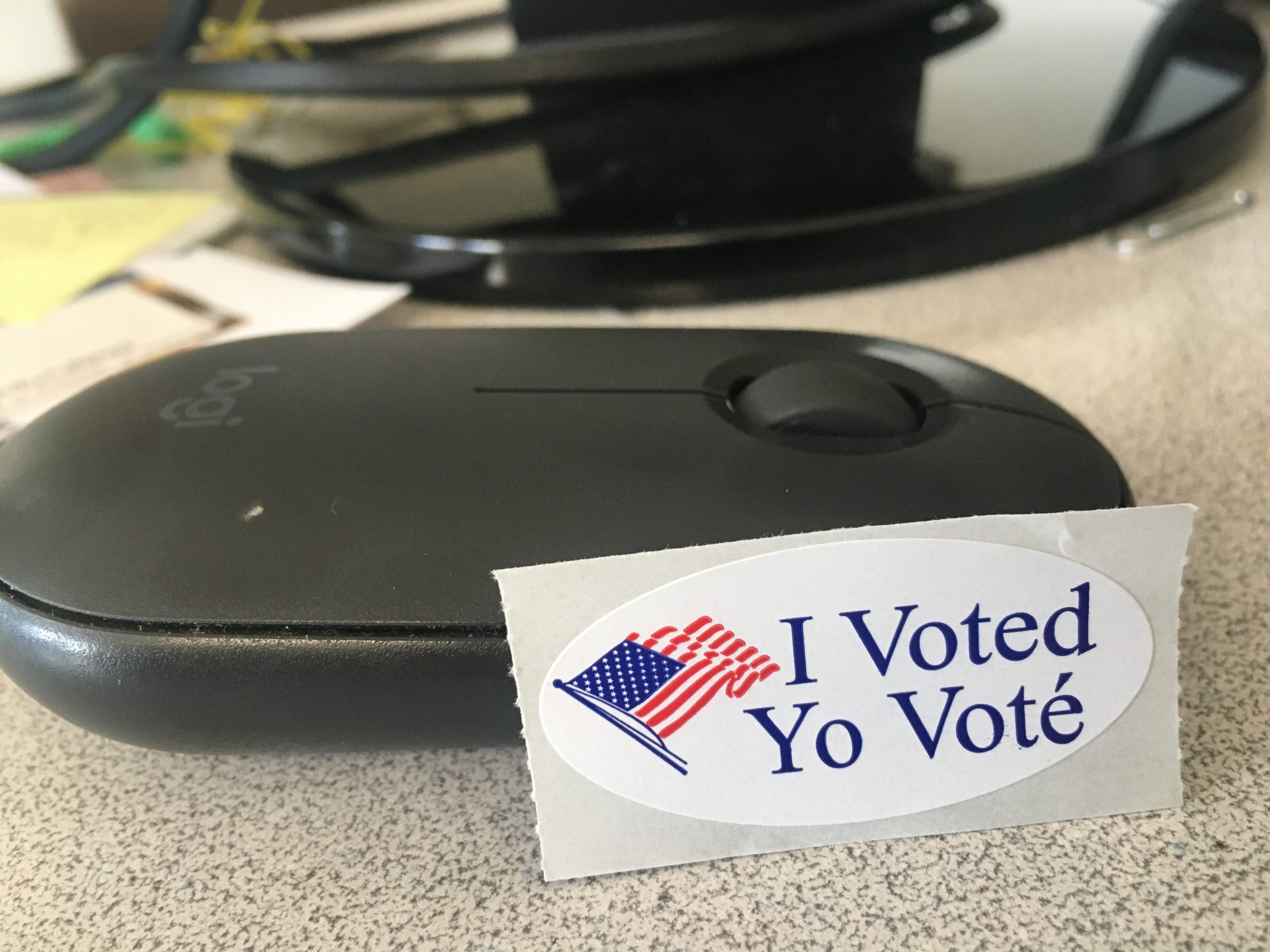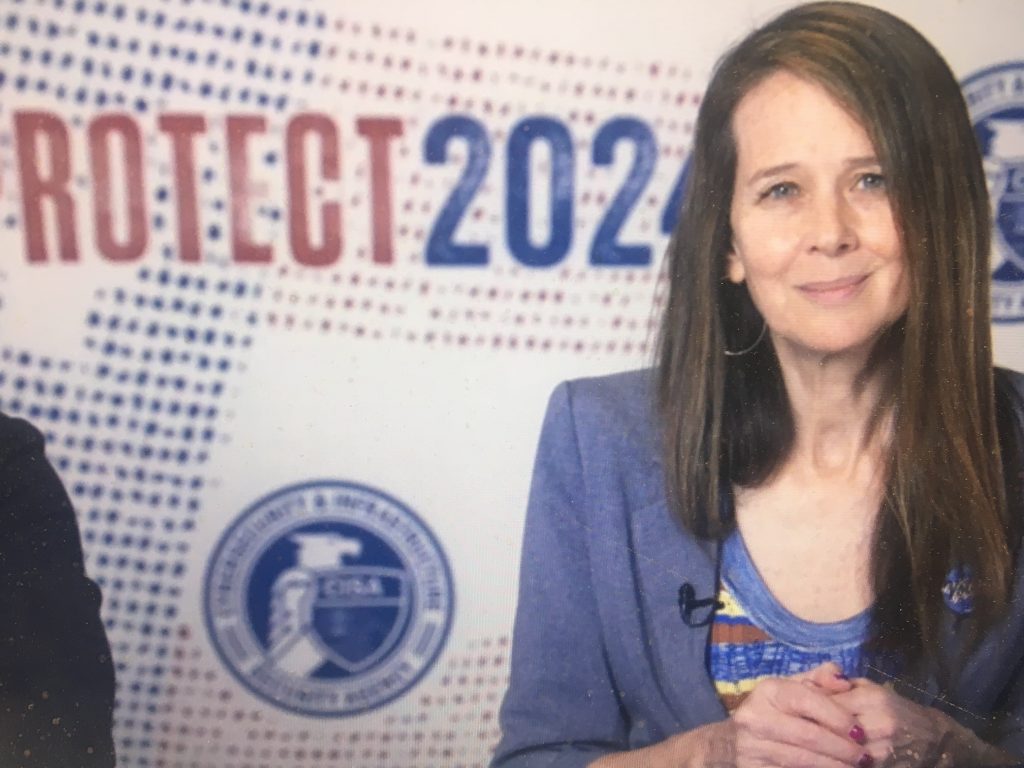Election integrity is a trusted process, cybersecurity officials say

Election integrity is paramount to ensuring democracy, and the Cybersecurity and Infrastructure Security Agency’s director does not take the mission lightly.
Jen Easterly and CISA senior advisory Cait Conley spoke with select members of the media from the Mid-America region, which included Missouri, Iowa, Kansas and Nebraska, on Oct. 24, as elections are on the minds of many Americans until the last poll closes on Nov. 5. At stake is the selection of a new president along with many other races at the federal, state and local level.
Easterly said the agency was established following Russia’s attempt to interfere in the 2016 presidential election.

In 2024, state and local election officials and workers are on the front lines to ensure that citizens have fair and safe elections. In the past three years, she has traveled the country working with elected officials.
“I have enormous confidence in the security and integrity of election infrastructure because I know how tirelessly those election officials work to ensure that every one of their citizen’s votes are counted as (they were) cast,” Easterly said.
The machines Americans use to vote are not connected to the internet, she said. More than 97% of registered voters will cast their ballots at poll sites where they will have a paper record they can verify, she said. Finally, election officials have put in multiple safeguards, physical security and cyber security to avoid compromise. The processes include pre-election testing of equipment. Post-election audits are also used to ensure accuracy.
Each state handles its election processes differently, which she said helps to provide a secure and resilient system. That means one bad actor cannot impact the outcome of an election for the president.
Easterly said there are threats to democracy from identified bad actors in Russia, Iran and China. Their goals of undermining Americans’ confidence in the integrity and security of election results can sow partisan discord to pit Americans against each other.
“We cannot allow them to do that,” Easterly said.
The negative tone creates distrust, and she is concerned about the safety of election officials, workers who are regular citizens who help at the local level because they believe they are doing the right thing to promote democracy.
If Americans hear of storms that create a power failure or a ransomware attack on an election office, they should have confidence in the integrity of the system to know that their ballots will be counted as they were cast, she said. CISA has been helping with training election officials so they understand what to do.
Conley said sophisticated malware can create the illusion of problems and they can spoof legitimate media outlets to generate misinformation that undermines the integrity of elections.
Easterly and Conley both said candidates, regardless of party affiliation at all levels, have a responsibility to not spread misinformation.
They also stressed the importance of turning to local media and when they have questions about election integrity to reach out to local and state election officials.
CISA serves as the federal government lead in working with the state and local election officials to secure election infrastructure against cyber, physical and operational security risks. The agency has personnel in all 50 states and United States territories that work with election infrastructure stakeholders to shar information; conduct physical security assessments of election facilities; conduct infrastructure resilient surveys; assist with obtaining security clearances and offer resources, training and access to the CISA products and services.
Dave Bergmeier can be reached at 620-227-1822 or [email protected].



